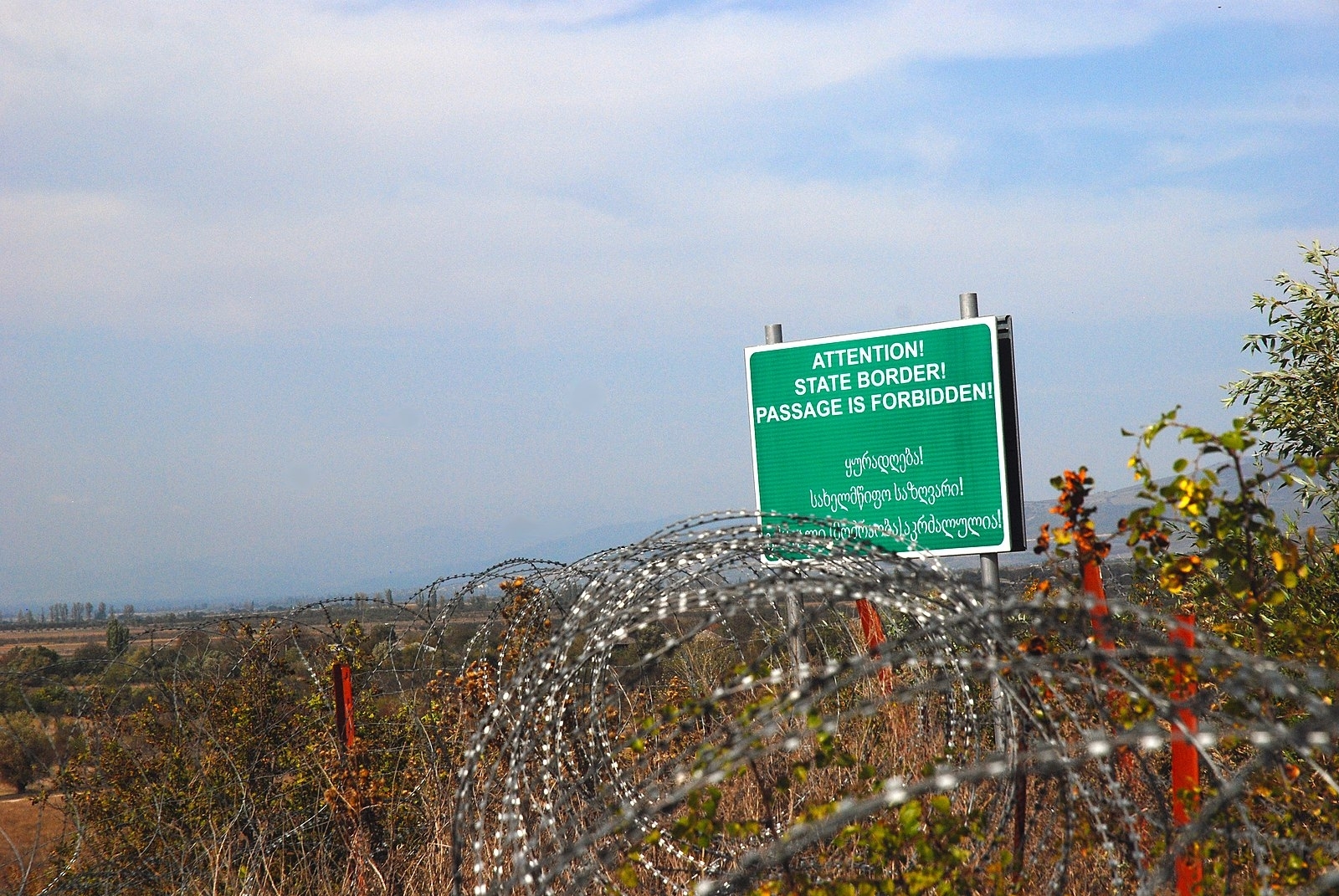Georgian NGOs on the war in Abkhazia
Several NGOs and civilians involved in peace issues have issued a joint statement on the 29th anniversary of the end of the Abkhazian war.
The message of the statement is a call to honor the memory of the victims of war on both sides of the conflict.
The authors of the statement regret that the practice of imperial ambitions and the forceful resolution of territorial conflicts is still the norm in the region.
Twenty-nine years after the end of the war in Abkhazia, the date of September 27 again reminds us of the tragedies experienced by the Georgian and Abkhaz peoples and the harsh reality of the ongoing conflict.
The signatories of this statement honor the memory of the victims of the war on both sides of the conflict and express their condolences to their families and loved ones.
For eight months now Russia has been waging a full-scale brutal war in Ukraine, a war causing irreparable damage not only to the Ukrainian people, but also to peace and stability in the world as a whole.
The armed conflict between Azerbaijan and Armenia has resumed. Obviously, the practice of forceful resolution of imperial ambitions and territorial conflicts is still the norm in the region.
It is important that in such a difficult situation, Georgia manages to maintain peace and advocate only the peaceful resolution of conflicts. The consistent policy of non-use of force proclaimed by the Georgian authorities should be fully embraced, though efforts made to transform the conflict and protect human rights remain insufficient and weak.
At the same time, the use of issues of war and peace for narrow political interests is unacceptable.
The government is trying to use the military crisis by accusing opponents of allegedly wanting to drag Georgia into the war.
Some opposition parties are using past tragedies to increase their political capital.
Together they use the traumas and fears of the Georgian population as a political weapon that has nothing to do with peace or justice.
Today Georgia is walking “on the edge of a knife”. Against the backdrop of regional instability there is a high risk of Russian interference, including military intervention, in the internal affairs of the country.
Politicians, political parties and government officials must understand their responsibilities and act together to avoid these risks.
Thirty years of armed clashes and unresolved conflicts have weakened Georgia’s political, economic and social resources. They have divided and alienated Georgian and Abkhaz, as well as Georgian and Ossetian societies. They have aggravated the traumas and fears that instantly manifest themselves in times of crisis.
Unsubstantiated talk about the threat of opening a second front in Georgia and the alleged support of the war by Western partners is a political manipulation of these injuries. This, along with many other things, leads to even greater alienation, fear and even hatred towards Georgians, Abkhazians and Ossetians.
It is important to start a new process of peacebuilding and conflict transformation in Georgia based on the following principles:
We the organizations and people involved in peace issues who have signed this appeal call on the Georgian authorities to put Georgia’s long-term strategic interests above short-term, narrow party and personal interests.
Conduct a meaningful, substantive and honest dialogue with each other, the main goal of which will be to obtain the status of a candidate member of the European Union for the country in the shortest possible time.
It is possible to achieve sustainable peace, security and development in the country only through institutional and democratic reforms.
Instead of ignoring current challenges and opportunities, the Georgian authorities should develop new, flexible, mutually beneficial proposals to ensure movement, trade, security, education for conflict-affected people who live on different sides of the dividing lines.
With the involvement of civil society and various political groups, develop a real plan of action to respond to existing security challenges, protect the rights of the population affected by conflicts, and end those conflicts.
The petition was signed by:
Center for Social Justice
Women’s Fund in Georgia
Human Rights Center
Foundation for Innovative Education
Center for Peace and Civic Development
Movement “For Abkhazia”
Solidarity Museum
civic idea
Nino Kalandarishvili, Institute for Conflict and Nationalism Research
Keti Murusidze, peacebuilding and research
Margarita Akhvlediani, GoGroupMedia
Vano Abramashvili, Caucasian House
Michael Jahua, Berghof Foundation
Mariam Tskhovrebashvili, Berghof Foundation
Zurab Bendianishvili, IDP Rights Coalition
Paata Zakareishvili, Professor at Grigol Robakidze University
Ekaterina Gamakharia, Sukhumi Women’s Fund
Nona Khizanishvili, Shida Kartli Civil Forum
David Logua, regional representative of the organization “Fair Elections”
Marina Pagava, Caucasian Dialogue
Esma Gumberidze, youth activist, former Georgian Youth Representative at the UN
Zurab Bragvadze, Doctor of Historical Sciences, Professor
Khatia Chankvetadze, Peace Researcher
Tsiala Katamadze, lawyer, Batumi
Nana Gogokhia, human rights activist
Zaza Mikeladze, civil activist
David Jishkariani, historian
Medea Turashvili, analyst
Ucha Nanuashvili, former Public Defender of Georgia
Rusiko Marshania
Marine Grigolia, Community Mobilizer, Consent Association
Shota Shvelidze, Conflictologist, University of Jena
Mamuka Kuparadze, Studio RE
Kamran Mammadli, Salam platform
Anna Emukhvari, civil activist, Zugdidi
Inga Shamugia, director of the Caucasus office of the organization “Act for transformation”


